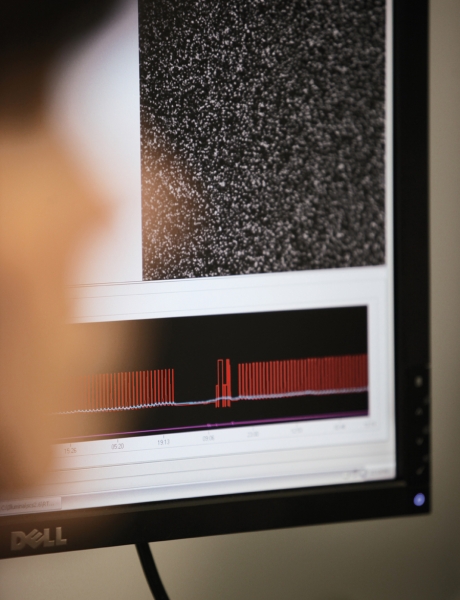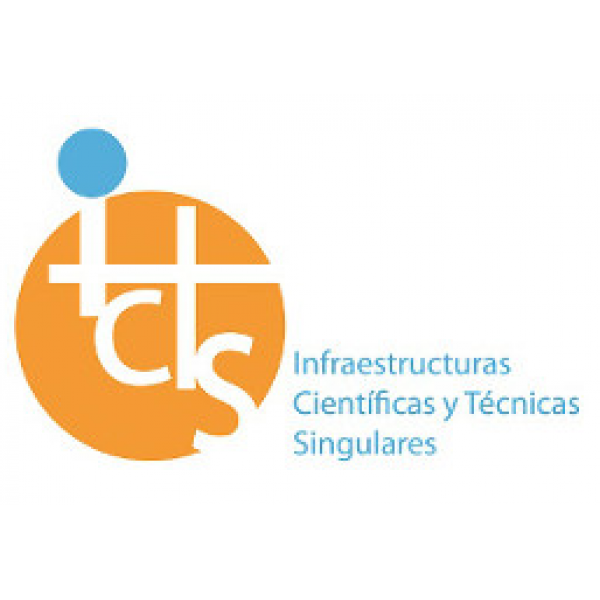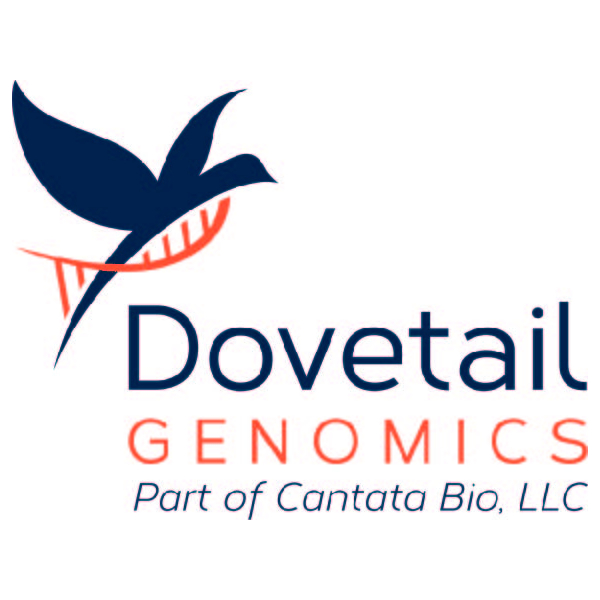
Cancer is a disease of the genome. Somatic mutations accumulate on top of the germline genome from many exogenous insults that we are constantly exposed to. If mutations are not removed or repaired they can result in progression to cancer disease. It is know that many of the insults we are exposed to result in signatures that can be seen in tumour genomes. Signatures are recurrent for the same exposure between patients, however, most individual mutations are not shared between the cancer genomes of two different patients. On the other hand there is a small proportion of mutations that are identical between the cancer genomes of different patients, sometimes specifically within one tumour type and sometimes the same between different tumour types. Due to the large number of mutations in individual cancer genomes the number of recurrent mutations is still quite large. Recurrent (completely identical) mutations are present in tumour genomes at numbers higher than expected by chance. Particularly striking is that the number of recurrent somatic deletion mutations (one- or multi-base) are very prevalent in cancer genomes. This leads us to believe that these somatic mutations are not the result of a random process in a genome, but are caused very specifically.
SOMUCAGE will shed light on the cancer initiating events. We start from the hypothesis that recurrent somatic mutation in specific places of a genome are either introduced there by a highly specific process or are difficult to correct in certain places of the genome. Using ICGC PanCancer data from more than 2000 cancer genomes characterised by whole genome sequencing, we will generate a catalogue of recurrent somatic mutations. Then we will look for association of other genomic features with the presence of these mutations (other somatic mutations, mutations in particular genes or genomic regions, pathways or epigenetic changes in particular places). For functional investigation we will then target putative genomic driving mutations by CRISPR-Cas9 genome editing in cell culture to see if we can recreate the mutational process in vitro. The edited genomes will be subjected to broad genomic analysis. We anticipate gaining substantial insight into the carcinogenic process.
SOMUCAGE is a Plan Nacional project funded by the 2015 call “Proyectos EXCELENCIA y Proyectos RETOS” of the Spanish Ministry of Economy and Competitiveness.











